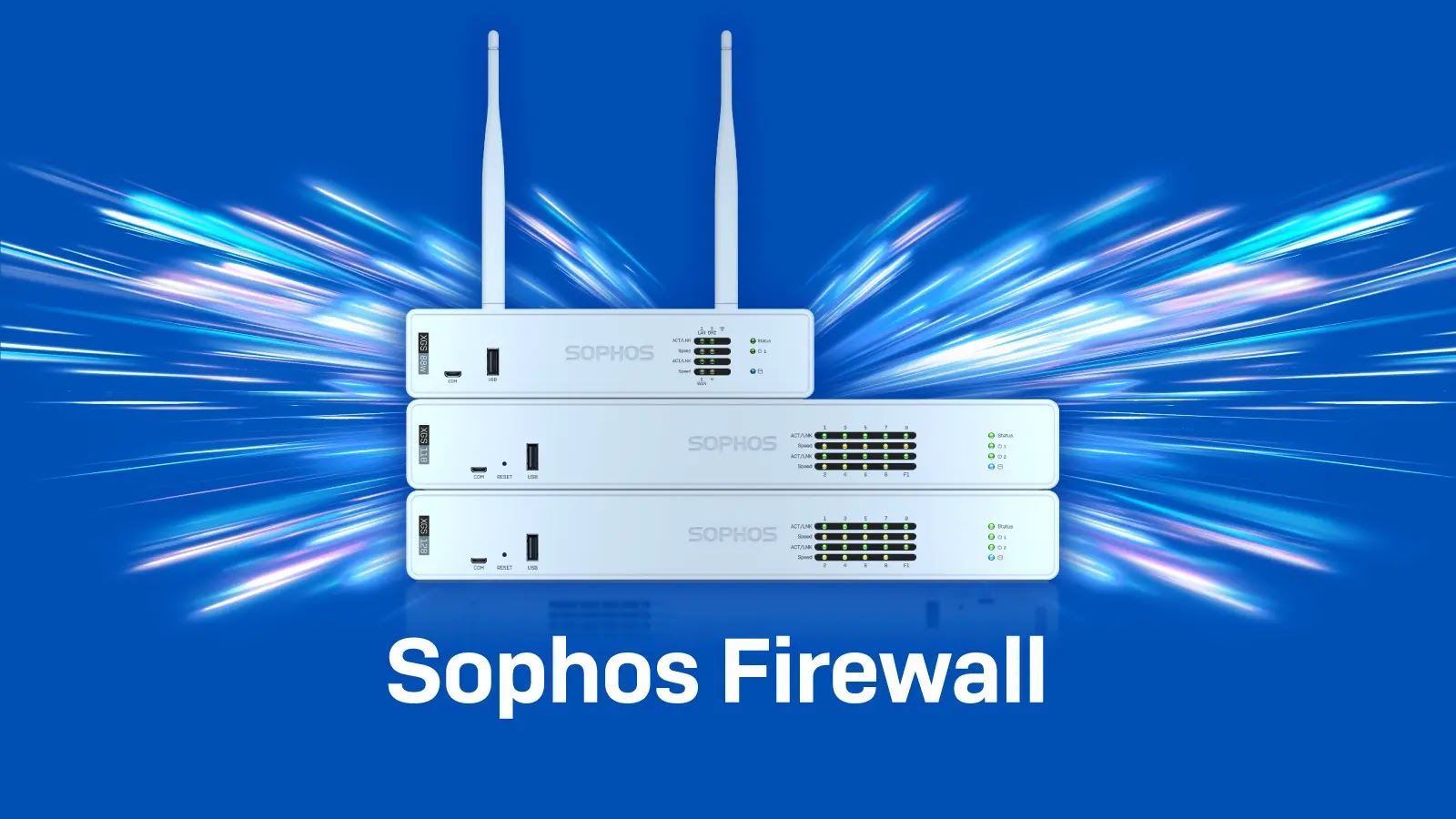ScriptCase, a widely utilized low-code platform for developing PHP web applications, has been found to contain critical vulnerabilities that could allow attackers to execute remote code and gain unauthorized access to servers. These vulnerabilities, identified as CVE-2025-47227 and CVE-2025-47228, affect the Production Environment module of ScriptCase version 9.12.006 (23) and potentially earlier versions.
Overview of ScriptCase
ScriptCase is a low-code development tool that enables users to create PHP web applications through a graphical interface. It simplifies the development process by automating repetitive coding tasks and supports collaborative development. The platform is compatible with macOS, Windows, and Linux operating systems. ([en.wikipedia.org](https://en.wikipedia.org/wiki/Scriptcase?utm_source=openai))
Details of the Vulnerabilities
The vulnerabilities reside in the Production Environment module, an administrative console used for managing database connections and directories. This module is typically deployed alongside the generated web applications.
1. Authentication Bypass Vulnerability (CVE-2025-47227)
The first vulnerability arises from a flaw in the password reset functionality of the Production Environment module. Specifically, the `changePass()` function within the `nmPageProdLogin.class.php` file allows an attacker to reset the administrator’s password without authentication. This function requires only an email address and a new password, without verifying the current password.
The exploitation process involves:
1. Sending a GET request to `login.php` to initialize a session.
2. Retrieving a CAPTCHA image associated with the session.
3. Submitting a POST request with the action `nm_action=change_pass`, including the new password, email address, and the CAPTCHA response.
By performing these steps with the same session identifier (`PHPSESSID`), an attacker can reset the administrator’s password and gain full access to the Production Environment console. ([synacktiv.com](https://www.synacktiv.com/advisories/scriptcase-pre-authenticated-remote-command-execution.html?utm_source=openai))
2. Shell Injection Vulnerability (CVE-2025-47228)
The second vulnerability is a shell injection flaw in the SSH configuration feature for database connections. Within the `nmPageAdminSysAllConectionsCreateWizard.class.php` file, the `GetListDatabaseNameMySql()` function constructs SSH commands by concatenating user input without proper sanitization.
An attacker can exploit this by injecting malicious commands into the `ssh_localportforwarding` parameter. For example, by submitting a payload like `; touch ghijkl ;#`, the attacker can execute arbitrary commands on the server with the privileges of the web server user, typically `www-data`. ([synacktiv.com](https://www.synacktiv.com/advisories/scriptcase-pre-authenticated-remote-command-execution.html?utm_source=openai))
Potential Impact
Exploitation of these vulnerabilities can lead to:
– Unauthorized Access: Attackers can gain administrative access to the Production Environment console, allowing them to manage database connections and directories.
– Remote Code Execution: Through shell injection, attackers can execute arbitrary commands on the server, potentially leading to full system compromise.
– Data Breach: Unauthorized access to sensitive data stored in databases managed by ScriptCase.
Mitigation Measures
To protect against these vulnerabilities, it is recommended that users:
1. Update ScriptCase: Upgrade to the latest version of ScriptCase, which includes patches for these vulnerabilities.
2. Restrict Access: Limit access to the Production Environment module by implementing network-level restrictions or using a reverse proxy to control access.
3. Input Validation: Ensure that all user inputs are properly sanitized to prevent injection attacks.
4. Monitor Systems: Regularly monitor server logs and systems for any signs of unauthorized access or unusual activity.
Conclusion
The discovery of these critical vulnerabilities in ScriptCase underscores the importance of regular software updates and vigilant security practices. Organizations using ScriptCase should take immediate action to mitigate these risks and protect their systems from potential exploitation.



